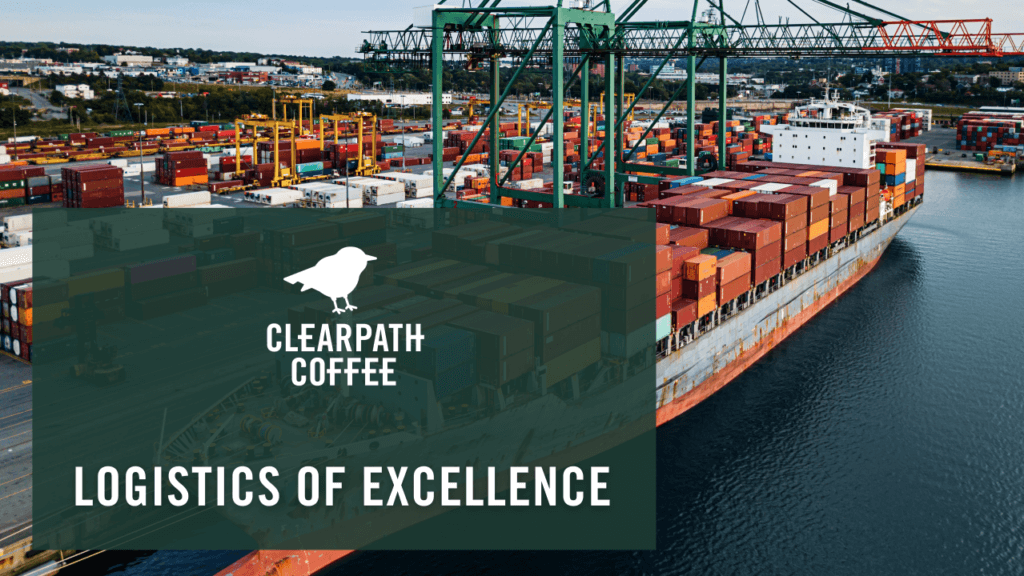I would like to shed light on a frequently asked question: Why does the specialty coffee export process take time? The journey of our premium coffee from Pitalito to your hands is meticulous and involves several critical steps to ensure quality and compliance with international standards.
1. Pre-Export Preparations
The process begins in Pitalito, where the coffee must be loaded onto transportation at least 12 days before the ship’s departure. This is crucial as it typically takes a minimum of two days for the cargo to reach the ports of Buenaventura or Cartagena. Upon arrival, our carrier undertakes a series of rigorous procedures to facilitate the entry of the coffee into the port.
2. Port Procedures and Reweighing
At the port, once the coffee has been admitted, it undergoes reweighing to confirm the exact quantities. This reweighing is conducted by our warehouse team and is a vital step to ensure accuracy. Following this, the National Federation of Coffee Growers issues reweighing certificates. These certificates include essential documentation such as the packing list, invoice, certificate of origin, phytosanitary certificate, and, if necessary, a health certificate.
3. Documentation and Compliance
Another critical aspect of the export process involves preparing the shipping documents. We provide detailed instructions to the shipping line for documents like the Sea Waybill or Bill of Lading (BL). This step must be completed before the document closure, typically four days before the ship’s departure. Precision in documentation is paramount to avoid any logistical hiccups.
4. Post-Departure Procedures
Once the ship has set sail, we promptly send all necessary documentation to our clients for their review and approval. This step underscores our commitment to transparency and ensures that our clients are well-informed and satisfied with the process.
5. Navigating International Regulations
The conditions and requirements for coffee exportation can vary significantly depending on the destination country. Exporters must be well-versed in the specific requirements of each country well before commencing the operation. Failure to adhere to these particular regulations can lead to costly errors and delays.
For instance, certain Asian countries mandate specific certifications that accompany the coffee shipment. Additionally, some European countries require the container to undergo radiation treatment before it can be admitted. These nuanced regulations require thorough preparation and understanding to ensure compliance and avoid additional costs or delays.
At Clearpath Coffee, we emphasize the importance of understanding and adhering to these international regulations. Our team is dedicated to meticulously managing these details to ensure a smooth export process.
At Clearpath Coffee, our dedication to quality extends beyond just our products. It permeates every aspect of our operations, ensuring that our coffee reaches you in the best possible condition.
For those interested in learning more about our export processes or exploring how we maintain such high standards, we invite you to connect with us.
Thank you for your continued trust and support.
